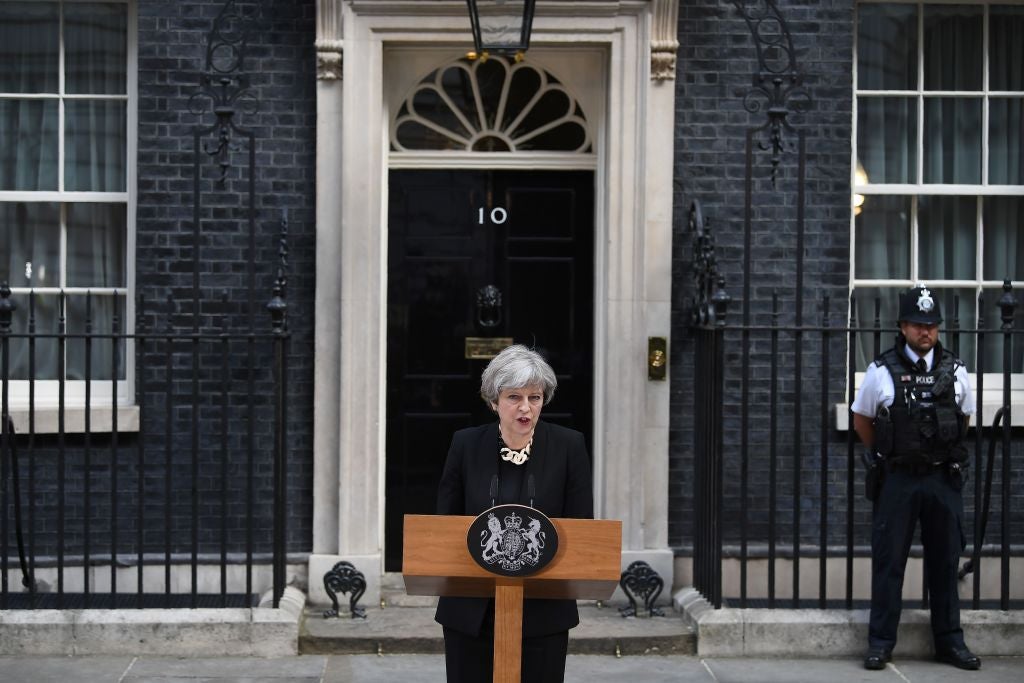Five things to look out for in the world economy this week
Following the general election, the new government will likely be faced with a global economic downturn


This week the UK general election – and of course last night’s heinous terrorist attack in London – drowns out everything, or at least it does for Britons. But whatever the outcome on Thursday, the economics won’t change. The next government, for it will be a new government in a new parliament, will face a series of economic challenges over the next five years. So here are five things to look for, not next week, but during the lifetime of the new parliament.
First, there is a strong probability that there will be a cyclical global downturn. This may or may not be sufficiently serious to become a recession in major developed countries, and the timing of course is quite uncertain. But if you look back at previous economic cycles since the Second World War, some sort of slowing of the developed world looks highly likely. This expansion, at least in the US and UK, has been running for nine years and that is at the top end of previous growth phases. Europe, which suffered a double recession, may have more leeway, but it would be foolish to assume that economic management has advanced enough to abolish boom and bust.
It follows that the next five years will see rising interest rates. Again we don’t know by how much – though the US is set to increase rates again this month, and we may get some indication of the plans of the European Central Bank this week. But it would be astounding if in three years’ time interest rates had not returned to more normal levels. Are borrowers prepared for that? Probably not.
For Europe the issue will not only be Brexit, but also how the Eurozone economy adapts not only to Brexit but to the other pressures now evident, including internal tensions within the Eurozone. Britons focus on the likely impact on the UK, for obvious reasons. Europeans have, with a few exceptions, given much less thought to the consequences of more limited access to the UK market, including its jobs market. Will the impact go beyond Europe to the world as a whole? Maybe not much. Indeed my guess is that the economic impact of Brexit will end up being more limited than currently feared, but there are risks particularly if it coincides with a more general downturn.
Irrespective of the three items above, there will throughout the developed world be pressure on public finances. The reasons are simple and widely trailed: rising demand for public services from ageing populations, stable or declining workforces in many countries, inadequate pensions, rising interest rates, and so on. Electorates throughout the developed world are only vaguely aware of these pressures and insofar as they are tend to blame the politicians when the latter are unable to fulfil their promises.
Finally the next five years will see China challenge the US more openly was its economy grows. China passing the US in economic size is still at least a decade away, but the closer it gets to becoming the world’s new number one economy, the more the areas in which it will start to assert its growing might. This is not something that UK or European governments have had to confront. In the next five years they will have to do so much more and it will not be easy for them to shift their focus.
Join our commenting forum
Join thought-provoking conversations, follow other Independent readers and see their replies
0Comments